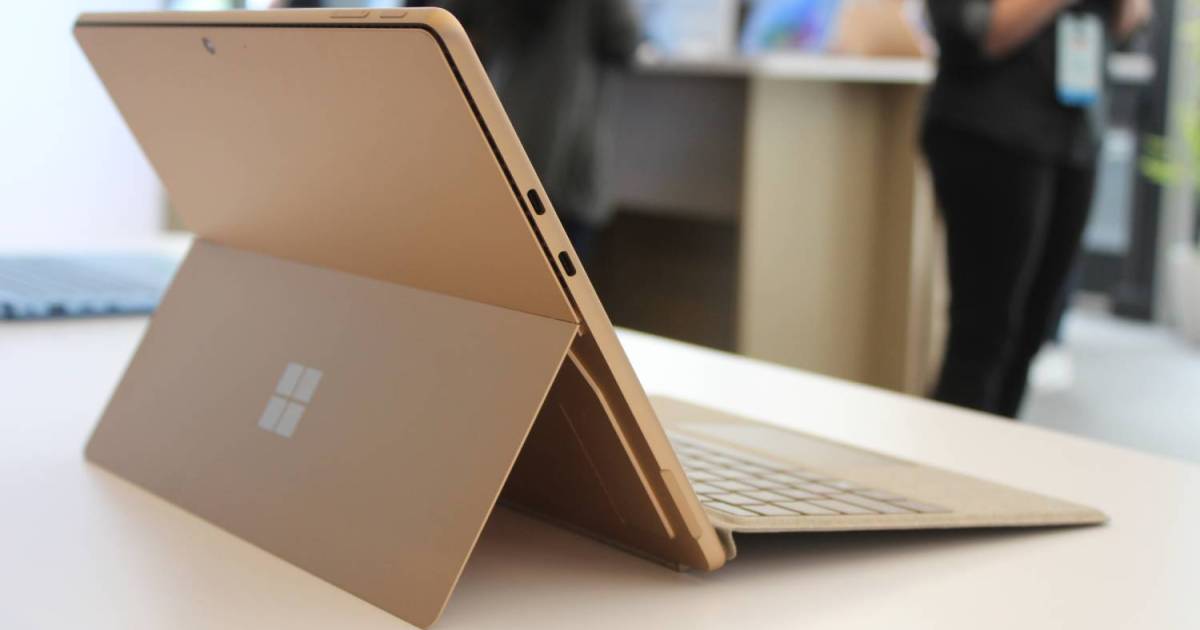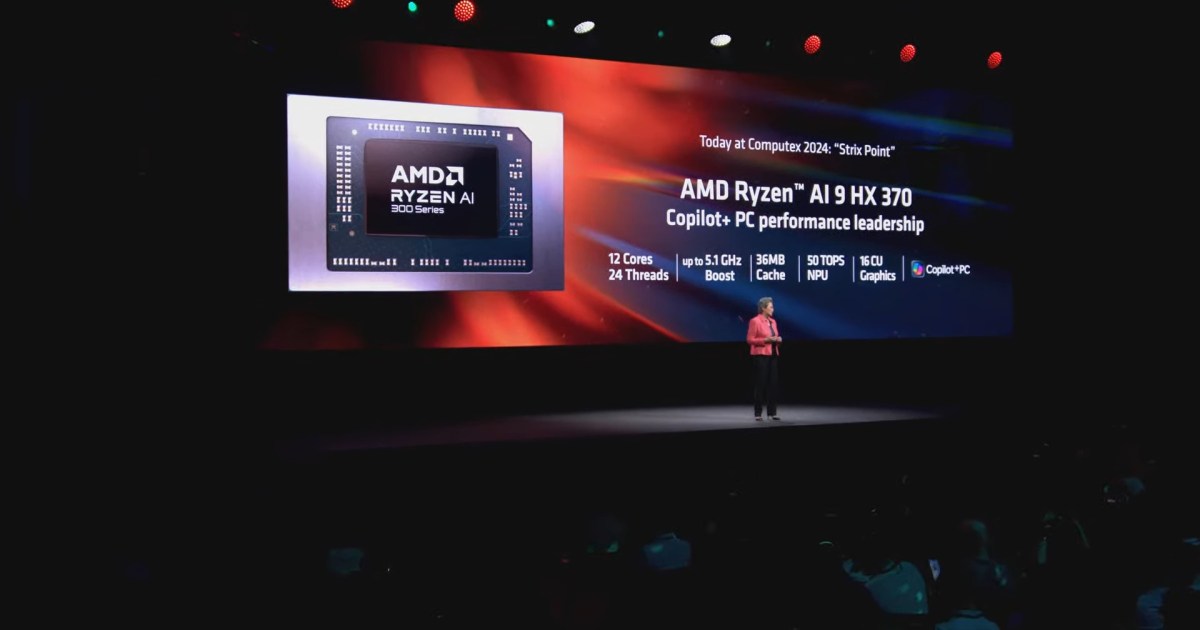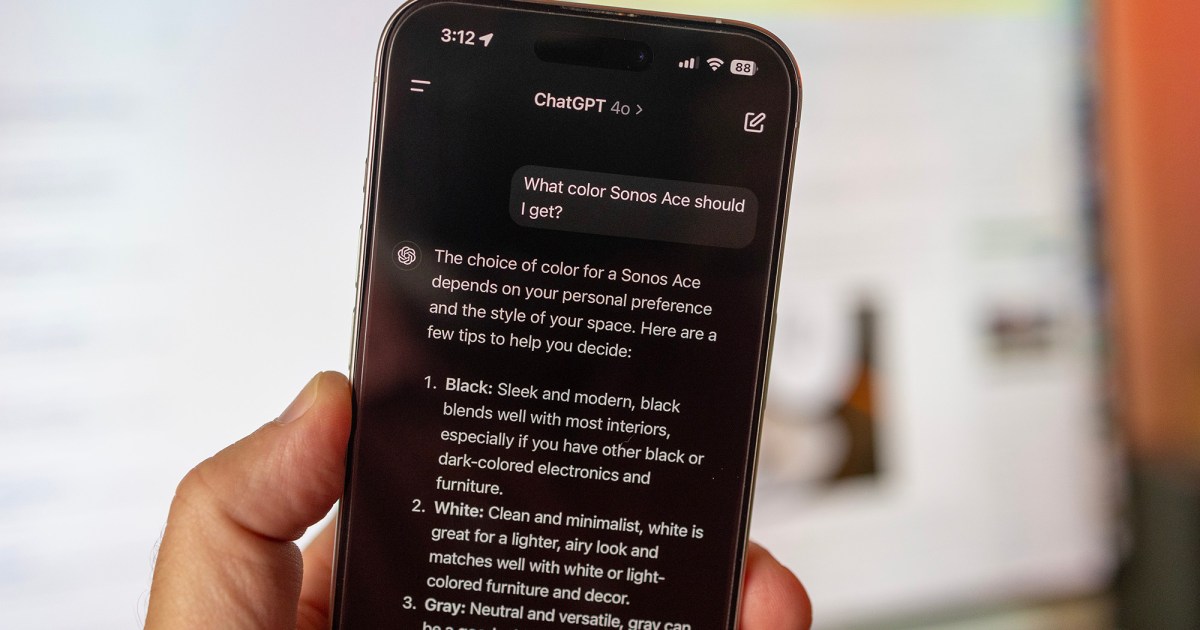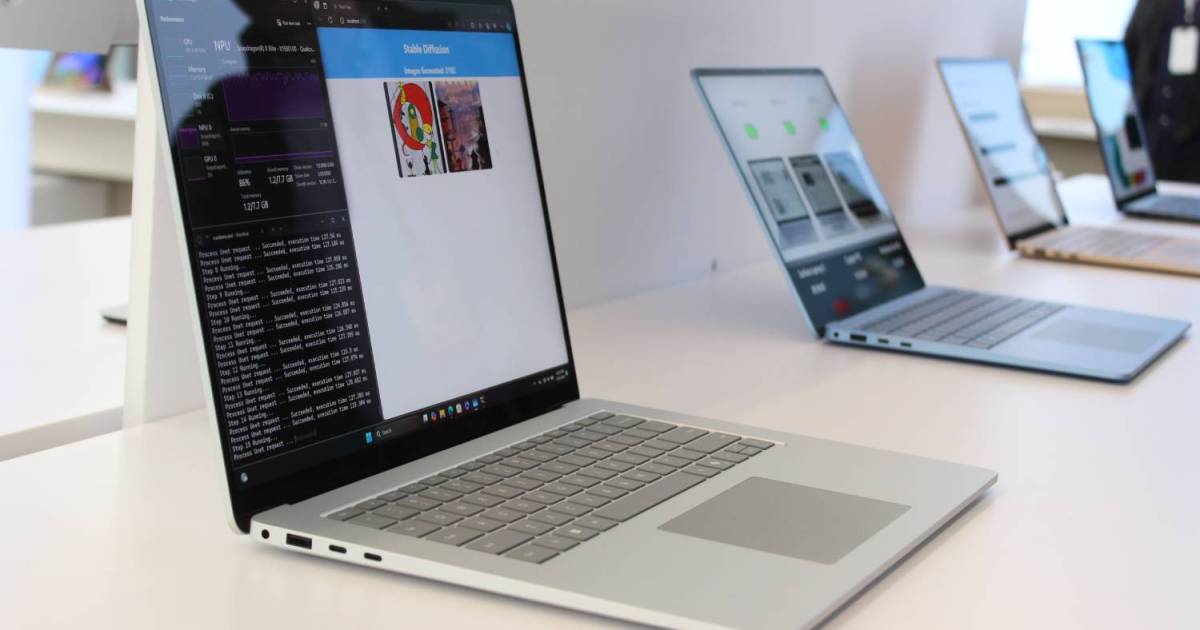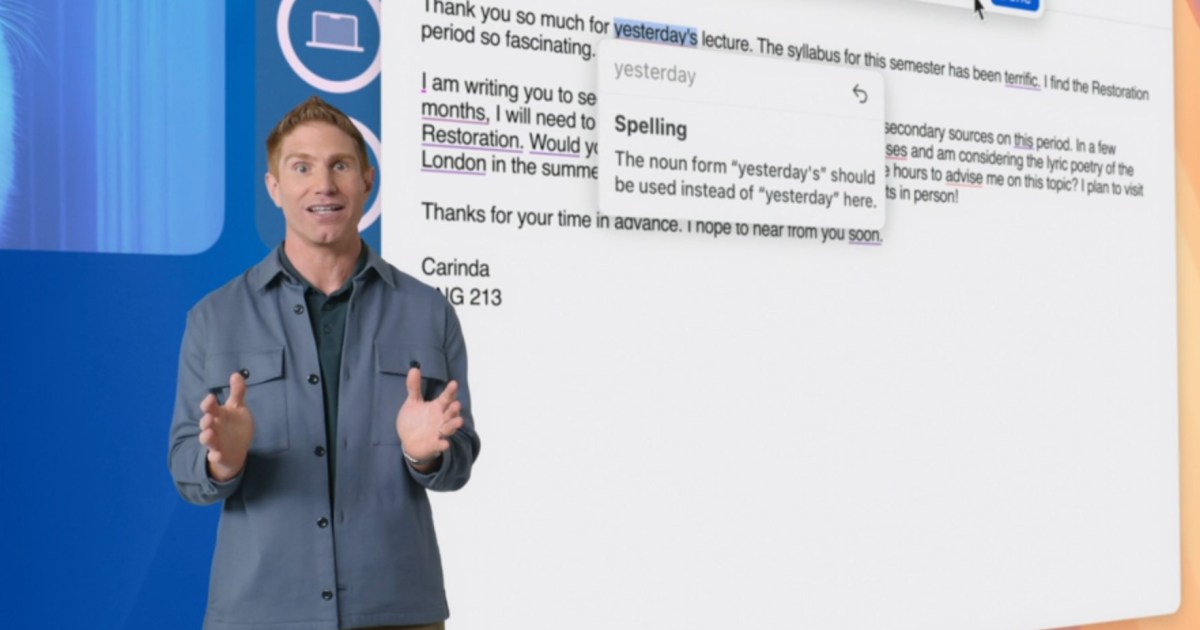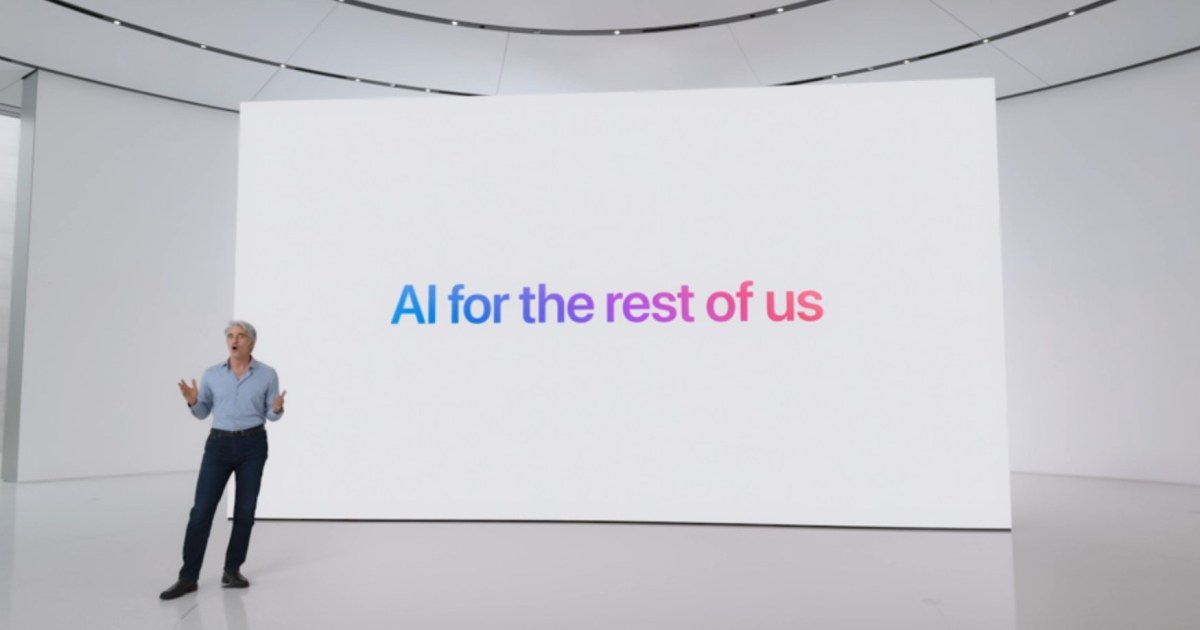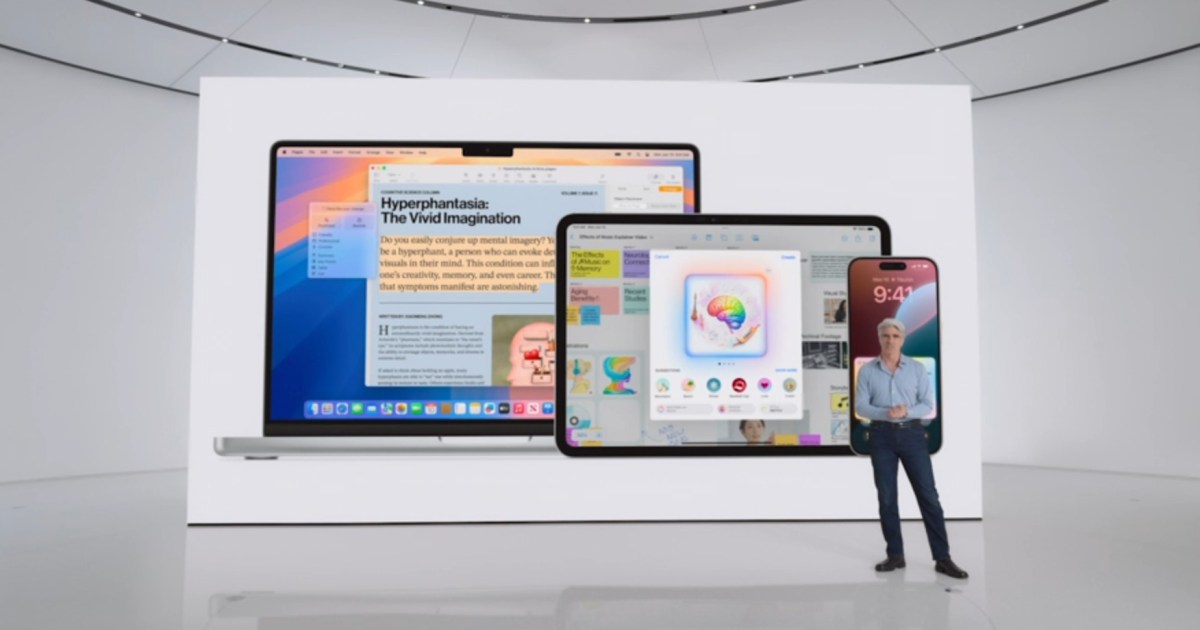Microsoft is revising its Recall feature for Copilot+ PCs even before the devices hit the market. Recall, a core component of Copilot+, captures snapshots of user activity and utilizes a local AI model to process this information. Following criticism, Microsoft announced changes to Recall’s functionality in a recent Windows blog post.
Key Changes to Recall’s Operation
A significant shift is that Recall is now opt-in rather than opt-out. While previously enabled by default on Copilot+ laptops, users will now encounter a setup screen explaining Recall’s function. Ignoring this screen leaves Recall deactivated.
Furthermore, Windows Hello authentication is now mandatory for Recall. Users must verify their identity using facial recognition or fingerprint scanning. Microsoft emphasizes that this “proof of presence” via Windows Hello is essential to access saved snapshots. This addresses potential privacy and security concerns arising from unattended Copilot+ PCs.
Microsoft also implemented “just-in-time” decryption for the Recall database and encrypted the search index. Snapshots are decrypted immediately upon Windows Hello authentication but remain encrypted otherwise.
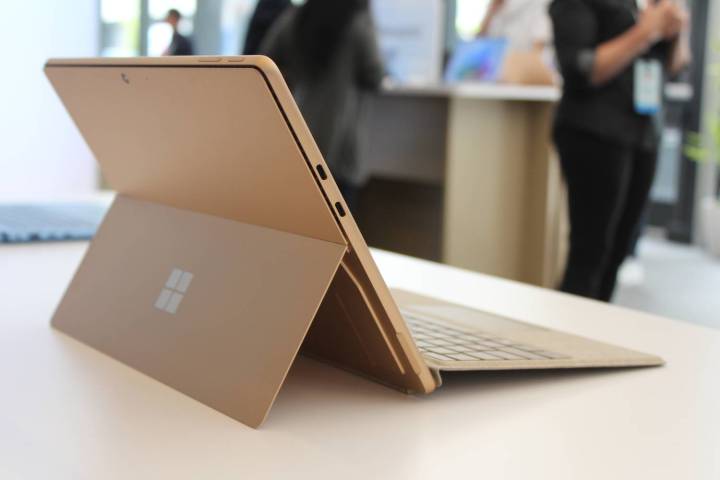 The new Surface Pro on a table.
The new Surface Pro on a table.
Addressing Privacy and Security Concerns
Recall sparked controversy due to its comprehensive data collection, tracking everything from web searches to private messages. Although AI processing occurs locally, privacy and security concerns remained. These changes aim to enhance Recall’s security.
A Shift in Microsoft’s Approach
The most impactful change is disabling Recall by default. Microsoft’s apparent intention to integrate this feature into the broader Windows ecosystem raised concerns about unwitting users contributing data. This departure from Microsoft’s typical practice of enabling services by default highlights the intensity of the backlash against Recall.
Conclusion: A More Cautious Approach to AI Integration
Microsoft’s responsiveness to user concerns demonstrates a more cautious approach to integrating AI features like Recall. The changes, particularly the shift to opt-in and the requirement for Windows Hello, address key privacy and security concerns. While Microsoft’s long-term plans for Recall remain to be seen, these adjustments represent a positive step towards balancing innovation with user trust and data protection.



